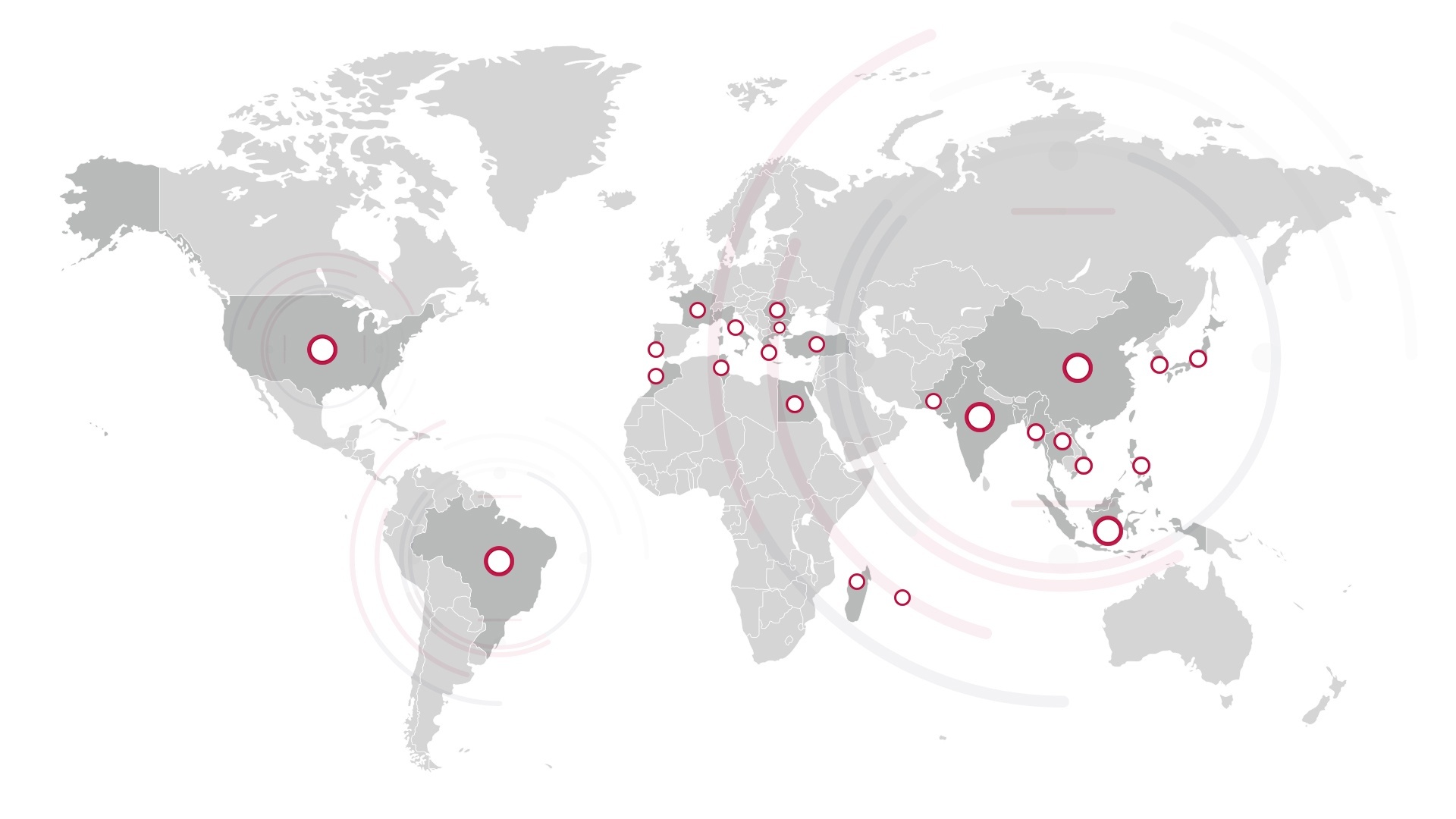Adhering to set standards, practices, industry rules and government regulation is crucial, no matter which industry you work in. However, in the apparel industry, conforming to recognized standards of production is one of the most important steps in order to produce high-quality products while achieving production goals and maximizing profits.
Social Compliance for Garment Factories: What to Know












